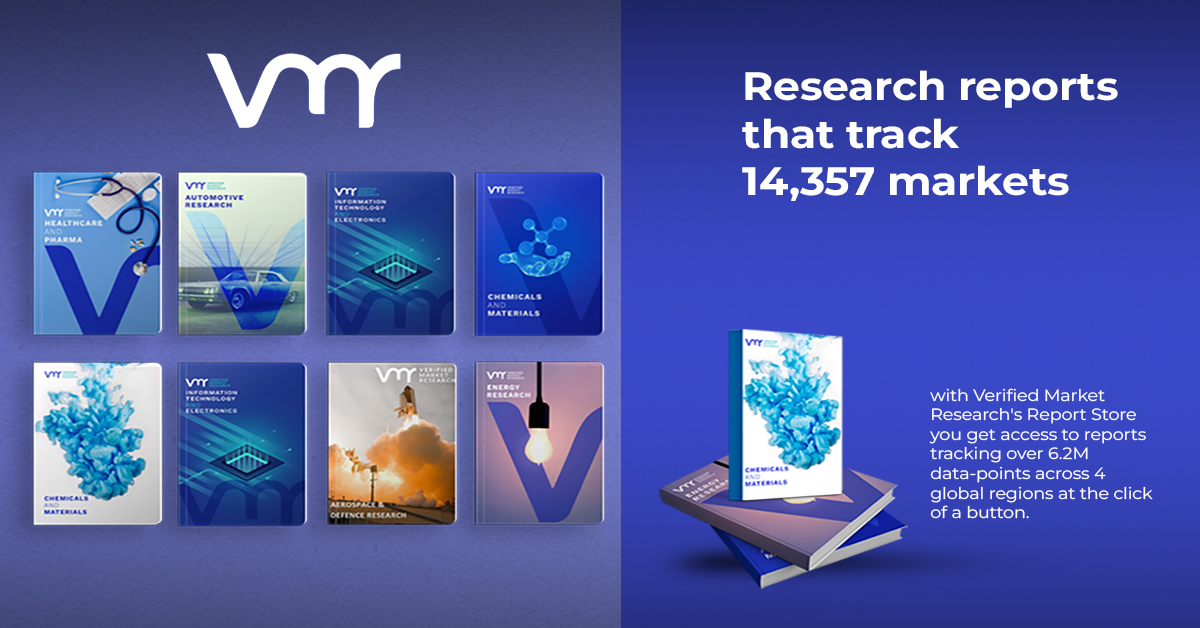The Magnesium Chloride Market: Key Developments and Future Trends in 2024
Understanding Magnesium Chloride: What Is It and Why Does It Matter?
Magnesium chloride (MgCl2) is a colorless crystalline solid that is highly soluble in water. It is primarily obtained from seawater, brine, and mineral deposits. This compound is utilized in diverse applications due to its unique properties, such as hygroscopicity, low toxicity, and ability to lower freezing points.
Key Applications Driving Market Growth
- De-icing Agents: Magnesium chloride is widely used as a de-icing agent on roads and highways. Its effectiveness at lower temperatures compared to traditional salt makes it a preferred choice in colder regions. With increasing climate unpredictability and more frequent winter storms, demand for efficient de-icing solutions is surging.
- Food Industry: In food processing, magnesium chloride serves as a coagulant in tofu production and is also utilized in brewing. The trend toward healthier and more natural food products is boosting the demand for magnesium chloride as a safer alternative to synthetic additives.
- Pharmaceuticals: The pharmaceutical industry is exploring magnesium chloride for its therapeutic benefits, including its role in magnesium supplementation. The growing awareness of magnesium’s health benefits has opened up new avenues for market growth.
- Construction and Agriculture: In construction, magnesium chloride is used for dust control and as a binding agent in concrete. In agriculture, it serves as a magnesium source for crops, further emphasizing its versatility.
Recent Market Trends and Developments
1. Increasing Environmental Concerns
As climate change becomes a pressing issue, industries are increasingly seeking eco-friendly alternatives. Magnesium chloride is viewed as a greener alternative to traditional road salts, which can harm the environment. This shift is driving research and innovation within the market.
2. Technological Advancements
Advancements in extraction and processing techniques are enhancing the efficiency of magnesium chloride production. New technologies are reducing waste and improving the overall sustainability of the production process, making magnesium chloride more appealing to environmentally conscious consumers and businesses.
3. Growing E-commerce and Distribution Channels
The rise of e-commerce has transformed how magnesium chloride products are sold and distributed. Consumers can now easily access magnesium chloride for various uses, from home de-icing solutions to personal health supplements. This shift has broadened the market’s reach and increased overall sales.
4. Rising Global Demand
According to recent market research, the global magnesium chloride market is projected to grow at a CAGR of approximately 5% from 2024 to 2030. This growth is fueled by rising demand in North America and Europe, where de-icing applications are particularly prominent.
Challenges Facing the Magnesium Chloride Market
Despite its growth potential, the magnesium chloride market faces several challenges:
1. Competition from Alternative Products
The market for de-icing agents is competitive, with various alternatives available, such as calcium chloride and potassium chloride. Each of these alternatives has its own advantages and disadvantages, which can affect magnesium chloride’s market share.
2. Regulatory Hurdles
Regulations governing the use of chemicals in various applications can pose challenges for magnesium chloride manufacturers. Ensuring compliance with these regulations requires continuous monitoring and adaptation, which can increase operational costs.
3. Supply Chain Issues
The production and distribution of magnesium chloride can be impacted by supply chain disruptions, particularly in times of geopolitical instability or natural disasters. Such disruptions can lead to price volatility and uncertainty in the market.
Future Outlook: What Lies Ahead for the Magnesium Chloride Market?
The future of the magnesium chloride market appears promising, driven by continuous innovations and evolving consumer preferences. Here are some trends to watch:
1. Expanding Applications
As industries seek sustainable solutions, new applications for magnesium chloride are likely to emerge. Research is ongoing into its potential uses in renewable energy technologies, such as battery production, which could significantly expand its market reach.
2. Increased Research and Development
Investments in R&D will be critical for developing new formulations and applications of magnesium chloride. Companies are focusing on improving product quality, exploring its efficacy in new areas, and finding ways to enhance its environmental benefits.
3. Strategic Partnerships
Collaboration between manufacturers, researchers, and end-users will be crucial for market growth. Partnerships can facilitate innovation, improve supply chain efficiency, and enhance product offerings, ultimately benefiting all stakeholders.
4. Enhanced Sustainability Practices
As sustainability becomes increasingly important, companies in the magnesium chloride market will need to adopt greener practices. This includes minimizing environmental impact during production, enhancing recycling efforts, and developing biodegradable products.
The magnesium chloride market is on the brink of significant growth, driven by diverse applications and increasing environmental awareness. While challenges exist, the trends toward sustainability and innovation present ample opportunities for expansion. As we move forward, stakeholders in the magnesium chloride market must navigate these developments thoughtfully, adapting to changes and harnessing the potential that lies ahead.
By staying informed and engaged with ongoing market trends, businesses and consumers can make more informed decisions, ensuring that magnesium chloride remains a vital player in various industries for years to come.









